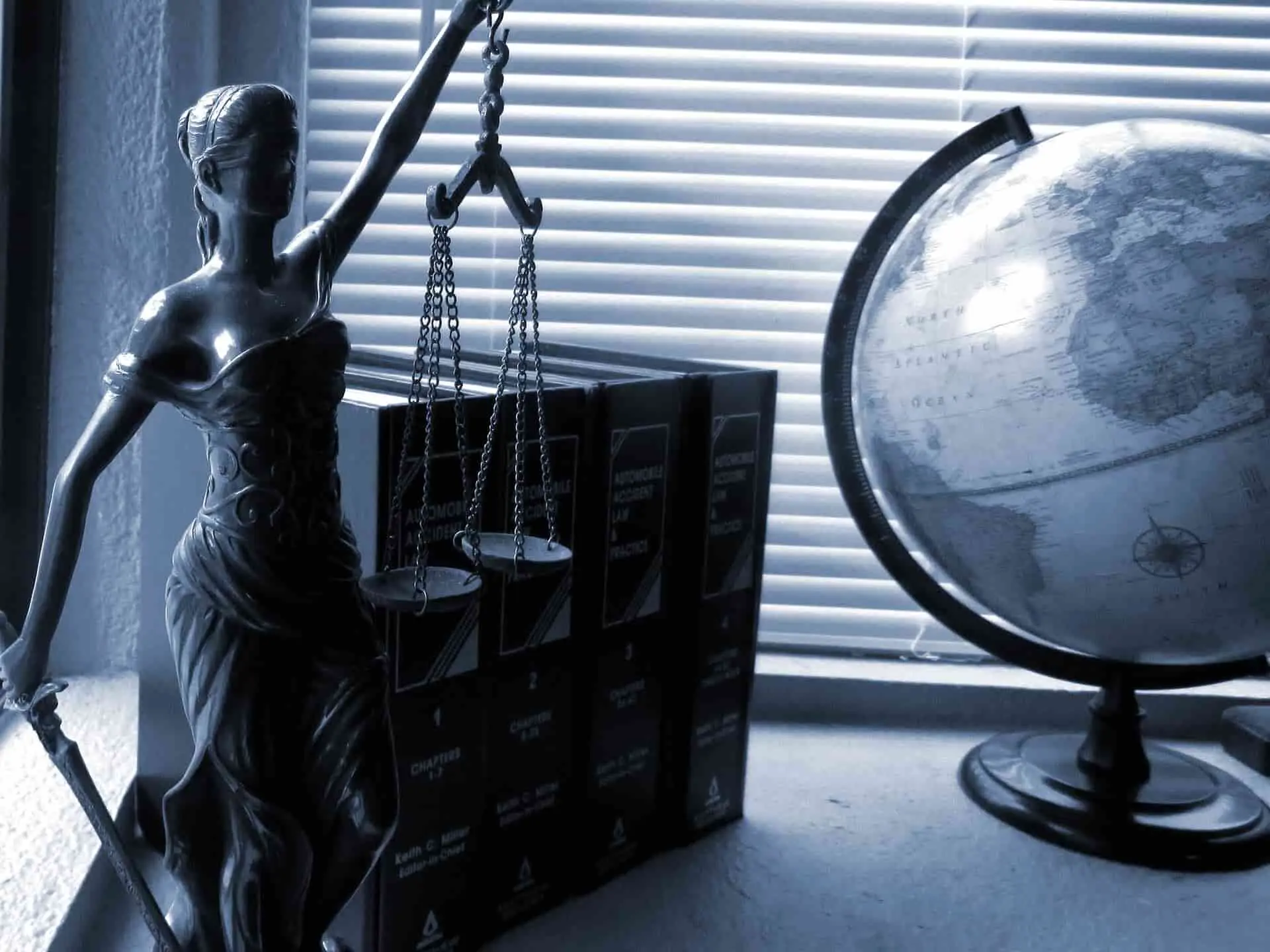Florida Court Discusses Stacking of Inferences in Car Accident Cases

While in many car accidents it is easy to identify the party that caused the accident, in some cases the negligent driver cannot be identified. In cases involving a phantom motorist, an injured party may be able to recover uninsured motorist benefits from his or her insurer, if the injured party can establish negligence. Often in cases involving a phantom motorist negligence must be established via circumstantial evidence.
In a recent case, a Florida district court of appeal set forth the standard under which inferences that are described or claimed in a negligence action must be reviewed. If you suffered harm due to a South Florida car accident, it is important to retain a seasoned attorney who will work diligently on your behalf to help you recover any damages you may be owed.
Facts Surrounding the Accident
Reportedly, the plaintiff was a passenger in a minivan when the minivan came upon a ladder that was laying across the road. The driver of the minivan stopped suddenly and was struck from behind by a delivery truck. The plaintiff filed a negligence claim against the driver of the delivery truck and an uninsured motorist claim against the driver of the minivan’s insurance company. At trial, following the conclusion of the plaintiff’s case the insurance company filed a motion for a directed verdict, arguing that there was no evidence the ladder came from another vehicle, and even if it did there was no evidence of negligence. The court denied the insurer’s motion. At the conclusion of the trial, the jury found the phantom motorist that allegedly owned the ladder sixty percent at fault and the delivery driver forty percent at fault. The insurer appealed.
Inferences in a Negligence Action
The court noted that while a plaintiff can prove negligence via circumstantial evidence if a party relies on inferences drawn from circumstantial evidence it cannot construct a second inference from the first inference to establish a fact unless the first inference has been established to the exclusion of all other reasonable inferences. In other words, a party cannot stack inferences. As such, if a plaintiff relies on circumstantial evidence to establish a fact and then stacks inferences on top of the initial inference to show causation, a directed verdict in favor of a defendant is proper.
Here, the insurer argued that the court erred in denying its motion for a directed verdict due to the plaintiff stacking inferences that a phantom motorist was carrying the ladder, he or she failed to secure the ladder, and the failure to secure the ladder caused it to fall on the roadway. The court disagreed, finding that the only inferences necessary were that the ladder fell on the roadway from a phantom vehicle. The court held that the inference that the ladder fell from a vehicle was established to the exclusion of all other reasonable inferences because it was not plausible for the ladder to have appeared on the roadway in any other way. As such, the court found that any inference based on the initial inference was permissible. Therefore, the court affirmed the trial court ruling.
Meet with an Experienced South Florida Car Accident Attorney
If you suffered harm in a South Florida car accident caused by a phantom motorist, you should meet with a seasoned South Florida car accident attorney to discuss the facts of your case. At Donaldson & Weston, our South Florida personal injury attorneys will tirelessly pursue any damages you may be owed. We can be reached at 772-266-5555 or 561-299-3999 to arrange a confidential and free meeting.
More Blog Posts:
Florida Court Rules Comparative Negligence Statute Applies Retroactively, South Florida Injury Lawyer Blog, January 28, 2019
